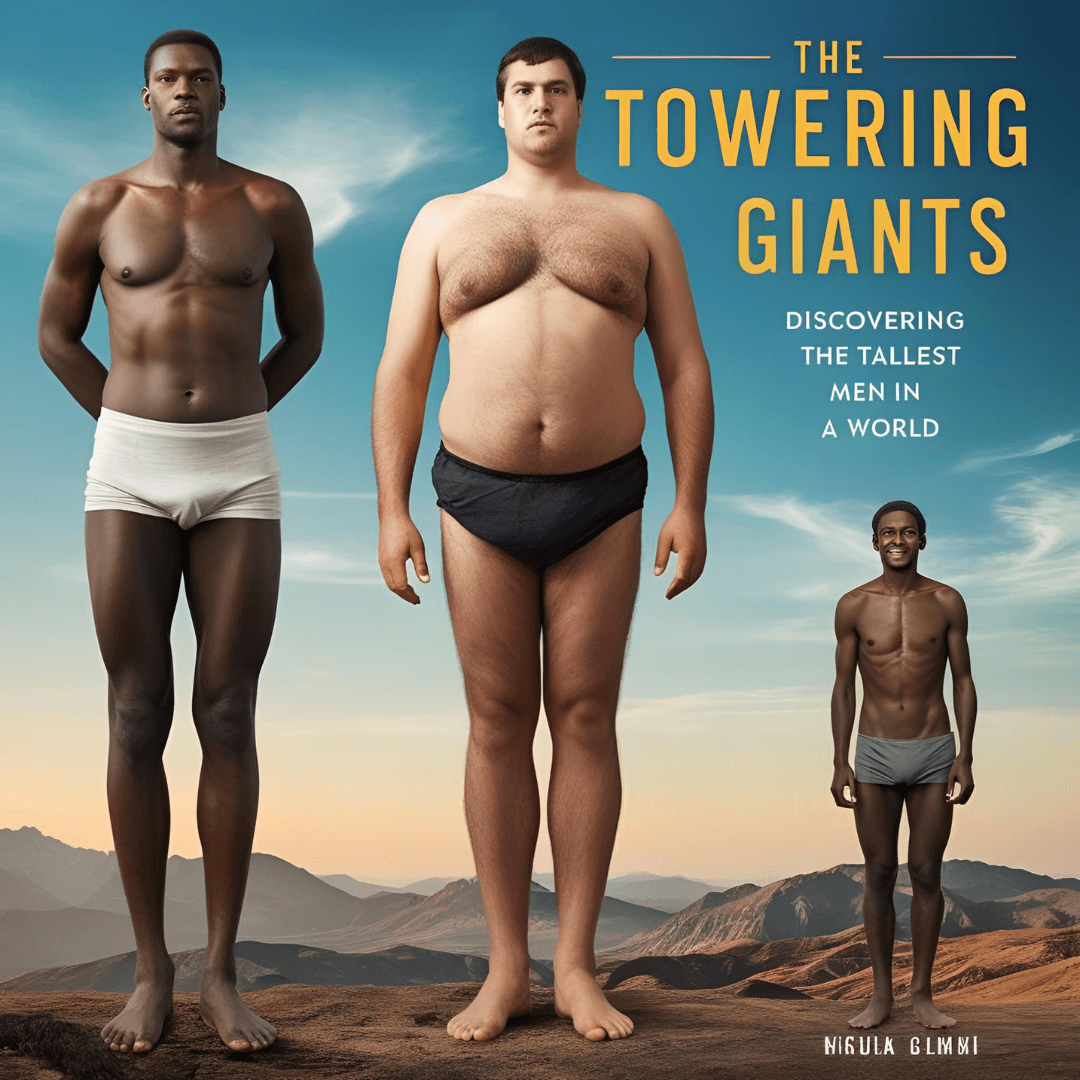In an increasingly complex world, safety has become a top priority for many seeking to relocate, retire, or simply explore life in a new environment. Whether you're looking for low crime rates, political stability, quality healthcare, or a strong sense of community, some countries stand out as shining examples of peace and security. In this article, we’ll dive into the top safest countries to live in as of 2025, based on a combination of data from the Global Peace Index, crime statistics, healthcare rankings, and local experiences.
Here’s a closer look at these safe havens and why they deserve a spot at the top of your list.
1. Iceland: The Unchallenged Champion of Peace
For over a decade, Iceland has consistently ranked as the safest country in the world. With a population of just over 370,000, this Nordic nation is famous not only for its breathtaking landscapes but also for its remarkably low crime rates and strong sense of community. Violent crime is nearly nonexistent, and even petty crime is rare.
What makes Iceland so safe?
The answer lies in its social structure. Iceland boasts strong social trust, an effective police force that doesn’t carry firearms, and a culture that values peaceful conflict resolution. Political stability and a well-functioning legal system further contribute to its safety. Additionally, natural disasters like earthquakes and volcanic eruptions are well-monitored, with excellent emergency preparedness in place.
If you’re looking for a place where you can leave your door unlocked without a second thought, Iceland is your ideal destination.
2. New Zealand: A Safe Haven with Adventure
New Zealand combines safety with adventure, making it a dream destination for many. Regularly ranked among the top countries on the Global Peace Index, it features low crime rates, transparent governance, and an inclusive society that values diversity.
New Zealand’s remote location has historically shielded it from global conflicts, while its robust healthcare system and high quality of life attract people from all corners of the world. The country’s emphasis on environmental conservation and its well-maintained infrastructure also play roles in ensuring public safety.
While natural hazards like earthquakes exist, the government has invested heavily in building resilient communities and infrastructure to mitigate risks. Whether you’re hiking through lush forests, enjoying vibrant city life, or relaxing in coastal towns, New Zealand offers peace of mind alongside stunning beauty.
3. Switzerland: Neutral and Secure
Switzerland is famous for its neutrality in international conflicts, but its safety goes far beyond its foreign policy stance. With efficient law enforcement, a stable political environment, and excellent healthcare, Switzerland is a beacon of security in the heart of Europe.
One of the key factors in Switzerland’s safety is its highly educated and engaged population. Civic responsibility is deeply ingrained in Swiss culture, and communities are well-integrated and supportive. Moreover, Switzerland’s direct democracy means that citizens have a strong voice in national decisions, contributing to social harmony.
Crime rates are impressively low, especially violent crime. And while Switzerland’s mountainous terrain may seem remote, it’s equipped with world-class infrastructure and emergency services, ensuring safety even in more isolated regions.
4. Singapore: Urban Safety at Its Finest
If you prefer urban living but still crave safety, look no further than Singapore. This city-state is renowned for its meticulous cleanliness, strict laws, and exceptionally low crime rate. The government’s zero-tolerance policy toward crime, coupled with a highly visible police presence, makes Singapore one of the safest cities in the world.
Public spaces in Singapore are well-lit, well-maintained, and designed with safety in mind. Whether you’re walking alone at night or using public transportation, you can feel secure. Additionally, Singapore’s political stability, excellent healthcare system, and effective public services make it a top choice for expatriates and locals alike.
Another bonus? Singapore’s multicultural society means you’ll experience a rich tapestry of cultures while enjoying peace of mind.
5. Finland: A Sanctuary of Social Trust
Finland is not just known for its stunning natural beauty and the Northern Lights — it’s also one of the safest countries in the world. Finns enjoy a high level of social trust, which translates into strong community bonds and a low crime environment.
Education plays a significant role in Finland’s safety. With one of the best education systems globally, the country fosters critical thinking, equality, and civic responsibility from an early age. Healthcare is universally accessible, and the government provides robust social support systems that contribute to overall well-being.
Moreover, Finland’s emergency services are highly efficient, and the country places a high emphasis on disaster preparedness. Whether in the bustling capital of Helsinki or the serene countryside, safety is a constant companion in Finland.
6. Canada: Warm Welcome and Widespread Safety
Canada consistently ranks high in global safety indices, and for good reason. Known for its friendly citizens, political stability, and well-maintained public spaces, Canada offers a welcoming environment for immigrants, students, and families alike.
Violent crime rates are low, and the healthcare system, while not without its challenges, provides reliable and accessible care to residents. Canadian cities such as Vancouver, Toronto, and Ottawa balance urban convenience with green spaces and community-focused planning, enhancing the overall sense of security.
Canada’s diverse population and inclusive policies make it a model for harmonious living, while its natural beauty provides endless opportunities for safe outdoor recreation.
7. Japan: Safety in Everyday Life
Japan is a global leader when it comes to safety in daily life. Known for its low crime rates, exceptional public order, and respect for community values, Japan provides a secure environment whether you’re in bustling Tokyo or a quiet rural village.
Street crime is remarkably rare, and lost belongings often find their way back to their owners — a testament to the honesty ingrained in Japanese culture. Public transportation is punctual and secure, and the healthcare system ranks among the best in the world.
While natural disasters such as earthquakes and typhoons can pose risks, Japan’s advanced disaster management systems and stringent building codes help minimize their impact. In every aspect, Japan’s commitment to safety is evident and reassuring.
When considering where to live, safety encompasses more than just low crime rates. It’s about political stability, accessible healthcare, social trust, and the everyday comfort of knowing you’re in a well-functioning society. The countries listed here — from Iceland’s quiet landscapes to Singapore’s urban precision — offer different lifestyles but share a common thread of safety and security.
Of course, the definition of “safe” varies from person to person. Some may prioritize natural disaster preparedness, while others focus on social harmony or healthcare access. No matter your priorities, these countries exemplify what it means to live in a secure, stable, and welcoming environment.
As you contemplate your next move or dream about new adventures, keep these safe havens in mind. Peace of mind is priceless, and in these countries, you’ll find it in abundance.





